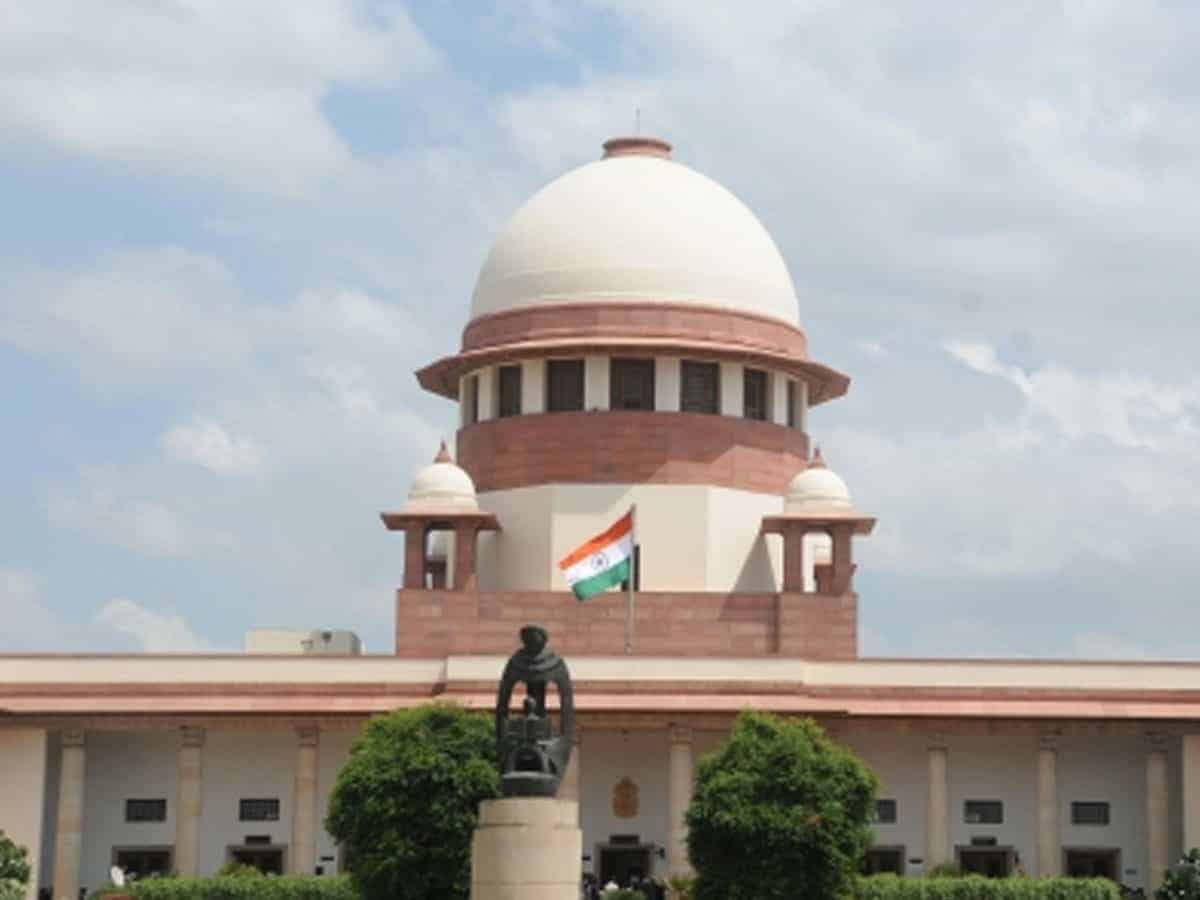
Hyderabad: The Supreme Court has agreed to review a plea concerning whether a divorced Muslim woman can claim maintenance under Section 125 of the Criminal Procedure Code.
A bench comprising Justices B V Nagarathna and Augustine George Masih has appointed senior advocate Gaurav Agarwal to assist the court as amicus curiae in the case.
The issue stems from a special leave petition filed by Mohd Abdul Samad challenging a Telangana High Court’s ruling dated December 13, 2023. “The petition contests the filing of a petition under Section 125 of the Code of Criminal Procedure, 1973 (CrPC) by the respondent, a divorced Muslim woman,” noted the court.
Senior advocate S Wasim A Qadri, counsel for the petitioner, argued that under the Muslim Women (Protection of Rights on Divorce) Act, 1986, a divorced Muslim woman is ineligible to file a petition under Section 125 of the CrPC.
Qadri contended that the plea should proceed under the provisions of the 1986 Act, which he asserted offer more favorable terms for Muslim women compared to Section 125 of the CrPC.
Recognising the complexity of the matter, the bench remarked, “We find that this court would benefit from the insights of an Amicus Curiae, hence appointing one in the matter.”
The court has slated the case for deliberation on February 19, 2024.
The man had lodged an application under Section 482 of the Criminal Procedure Code with the High Court against the Hyderabad Family Court’s directive to pay Rs 20,000 maintenance to his wife.
In this instance, the divorce certificate was issued on September 28, 2017, in accordance with personal laws.
“Considering the numerous factual and legal questions regarding the maintenance to be awarded in light of the husband’s divorce claim, this Court deems it fit to instruct the petitioner/husband to provide interim maintenance of Rs 10,000 per month from the date of petition, with 50% of the maintenance arrears due by January 24, 2024,” the high court had stated.
Additionally, it had mandated that the remaining 50% of the arrears be paid by March 13, 2024, and instructed the Family Court to adjudicate the main matter within six months.



